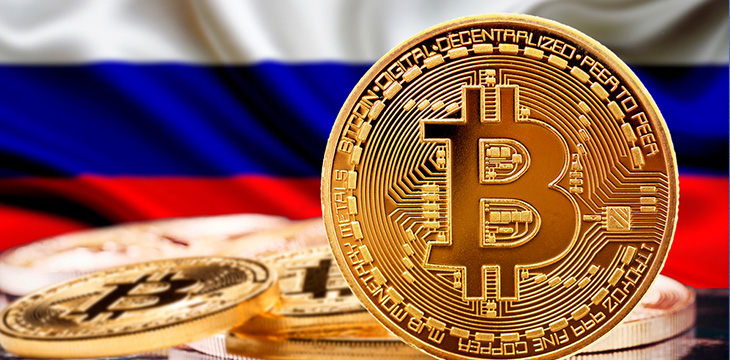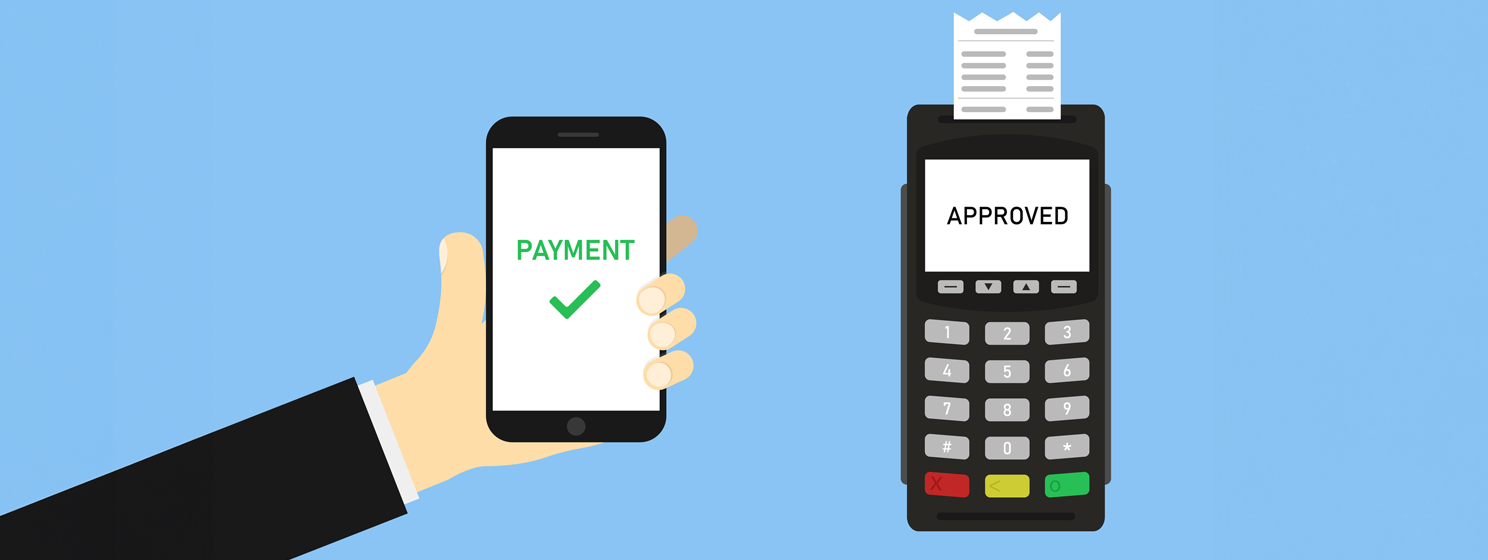|
Getting your Trinity Audio player ready...
|
Russia’s anti-money laundering chief has urged the country to expedite digital asset payments in international trade, but President Vladimir Putin has warned that miners could disrupt the country’s national grid.
Yuri Chikhanchin, who heads the Federal Financial Monitoring Service of Russia (known locally as Rosfinmonitoring), says that the country must accelerate its efforts in developing digital asset payment networks. However, he cautioned against associated risks, including their use in money laundering, terrorism financing, and other crimes.
Yuri’s proposal comes days before the country’s legislature votes on key digital asset legislation. The lawmakers will determine whether Russia should double down on using these decentralized currencies in international trade. However, local payments are still prohibited and won’t form part of the bill.
For Russia, digital currencies present a potential route to circumnavigate crippling sanctions. The world’s most sanctioned country by a long mile, Russia has struggled to conduct international trade, with these restrictions now clamping down on its allies, too.
“This is a need for businesses, especially in cases involving sanction mechanisms, when they need to enter the international market, and it can’t always be resolved through standard methods,” Yuri stated, as reported by Reuters.
Russia wouldn’t be the first country to turn to ‘crypto’ to escape sanctions. Venezuela has been doing this for years, with others, such as North Korea and Iran, reportedly becoming more prominent digital currency destinations in recent years as well.
With Yuri charged with clamping down on financial crimes in Russia, he warned that digital currencies could make his job much harder. He claimed that some countries have loose digital currency laws that enable abuse by criminals, who could now target the Russian market. He wants the government to allow his agency to block such players to protect the citizens.
Yuri joined central bank governor Elvira Nabiulina in calling for the speedy adoption of digital currencies in international trade to ease the pain of global sanctions.
Putin cautions against energy-hungry miners
While financial industry heed calls for digital currency adoption, Putin cautioned against “uncontrolled” block reward mining, which he says could strain the national grid at a time when it’s struggling with demand.
Putin addressed a government meeting on economic revival, and in his opening remarks, he mentioned block reward mining.
The Russian leader noted that Russia spent 16 billion kilowatt-hours last year on mining, accounting for nearly 1.5% of the overall national consumption. This figure is expected to rise this year, with Russia’s low energy costs and conducive climate, especially in the northern region of Siberia, enticing miners.
“Uncontrolled growth in electricity consumption for cryptocurrency mining can lead to a power shortage in certain regions,” Putin cautioned, noting that some regions like Zabaikalsky Krai, Buryatia, and Irkutsk are already struggling with this challenge.
“The issue is indeed acute and fraught with serious consequences for enterprises, housing and communal services systems, specific cities and towns,” Putin added in his opening remarks, which were later published by the Kremlin.
The president believes Russia needs to make “right and timely decisions, including systemic ones at the federal level” on a path promoting technology while protecting the people.
According to data from Moscow-based BTC miner Bitriver, Russia became the second-largest miner globally last year, only bettered by the U.S.
Putin’s concerns come in the same week when massive power outages hit Southern Russia after one of the major nuclear power plants broke down. The Energy Ministry has also warned that it might be forced into temporary power rationing in Southern Russia to cope with an ongoing heatwave. In some regions, such as Rostov, temperatures hit 8 degrees Celsius (100 Fahrenheit) on Wednesday.
Watch: Universal Blockchain Asset unlocks the future of payments

 03-04-2026
03-04-2026 




